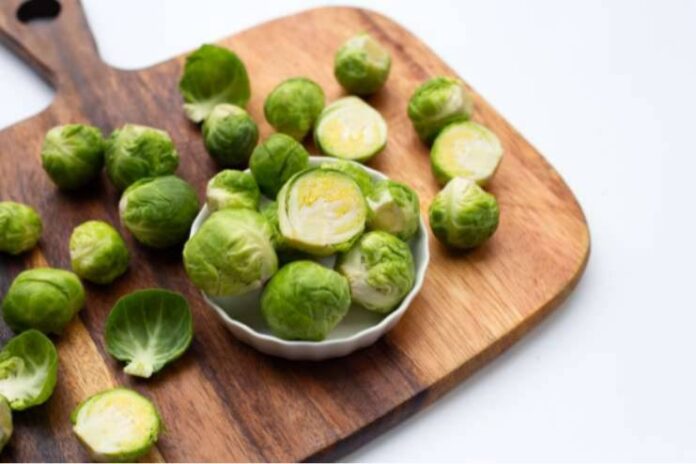Affiliate Disclaimer
Some links in this article are affiliate links. We may earn a small commission if you make a purchase through these links, at no extra cost to you. We only recommend products we find useful to our readersThe health advantages of Brussels sprouts are significant, even though they may not be everyone’s first pick at the dinner table. You will be astounded by the many benefits these tiny powerhouses can have on your health, regardless of how you feel about them.
Brussels sprouts are a nutritional treasure that can do much more for you than serve as a side dish. They may strengthen your immune system and keep your heart healthy. Watch out for the 14 excellent reasons that Brussels sprouts should be a mainstay on your menu!
What are Brussels sprouts?
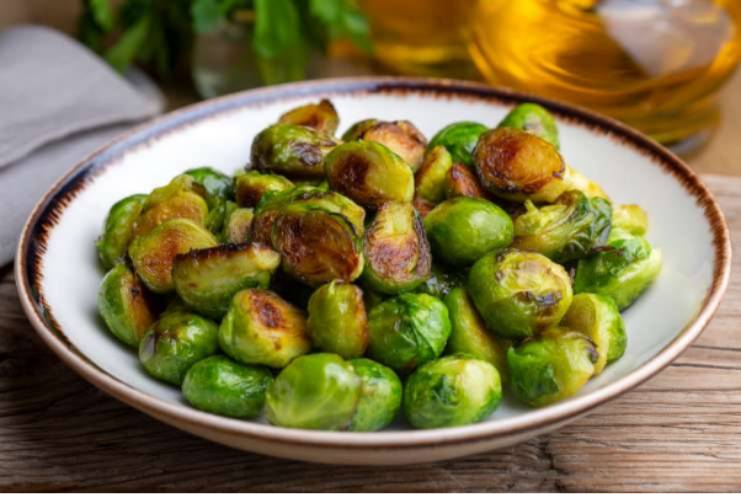
Brussels sprouts are small cabbage-like vegetables from the Brassicaceae family, including some of the most popular cruciferous vegetables, like cabbage, cauliflower, and kale.
They are easy to cook. To prepare them, clean the Brussels sprouts under running water and cut them in half or quarters. Toss with some olive oil, salt, and pepper, and roast them in the oven or saute them in a pan. You can also steam or boil them, then add seasoning.
What Are The Benefits of Brussels Sprouts?
Let us dive right into the health benefits of Brussels Sprouts:
1. Provides Essential Nutrients
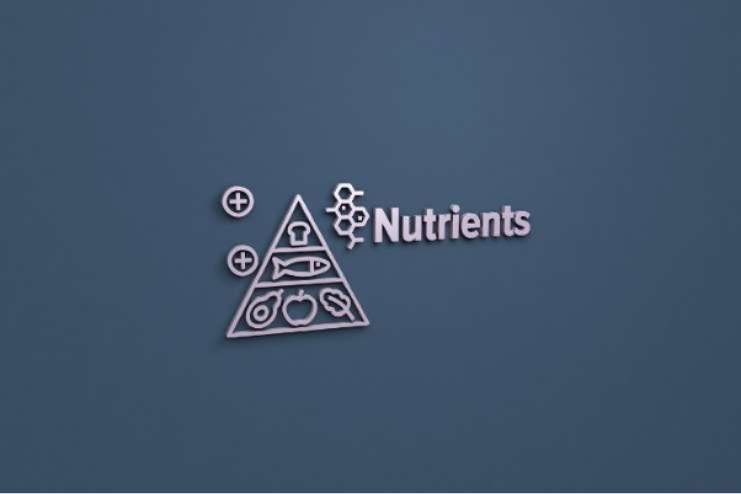
Brussels sprouts are a great option if you want to eat a wholesome meal that will help with growth and sustenance. This green vegetable is low in calories but has a high fiber content and contains essential vitamins and minerals the body requires.
Brussels sprouts are essential for a balanced diet because they contain vitamins C and K, which improve bones, skin, and immunity. Vitamin C boosts collagen production and fights free radicals, while vitamin K improves blood clotting and bone health.
Brussels sprouts also provide essential minerals like manganese and folate, which support metabolism, DNA synthesis, and healthy brain function – vital for overall bodily health and cellular repair.
The high fiber content of Brussels sprouts also helps improve digestion and maintain good gut health (R).
2. Keeps Bones Strong

Bones weaken with age, so people take calcium supplements. However, eating Brussels sprouts can improve bone health naturally.
The main reason is the presence of Vitamin K in the vegetable. Vitamin K1 helps keep the bones in good shape and prevents complications and associated risks. A 2017 study (R) found that Vitamin K deficiency directly impacts bone health. A sufficient amount of Vitamin K helps improve bone mineralization.
Apart from Vitamin K in their composition, Brussels sprouts also contain calcium, which is essential for strong bones.
3. Enriched with Antioxidants

Brussels sprouts offer extensive health benefits, thanks to their high Vitamins A, C, and manganese content.
Some essential antioxidants in Brussels sprouts are quercitin and isorhamnetin. A study found that Brussels sprouts contained one of the highest levels of antioxidants among the other cruciferous vegetables.
Eating Brussels sprouts occasionally effectively manages oxidative stress (R) signs and helps boost one’s overall health.
4. High Percentage of Fiber
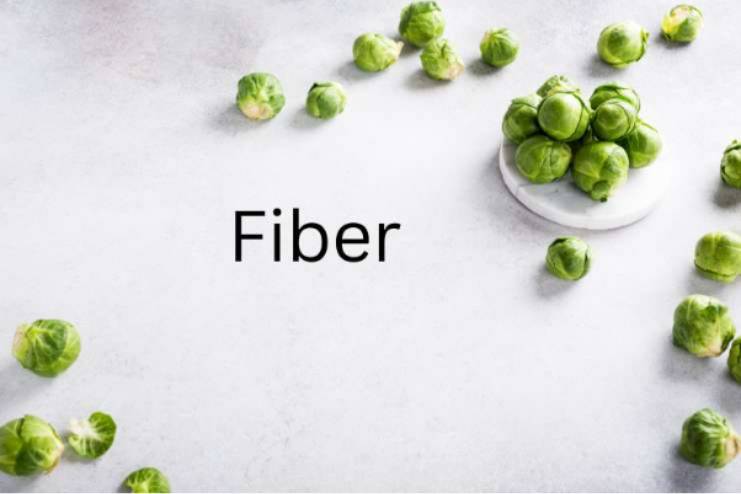
Every cup of cooked Brussels sprouts contains 4 grams of fiber. Fiber helps regulate blood sugar levels and prevent the risks of constipation.
A high-fiber diet also supports weight loss goals and helps contribute to overall well-being. It also helps promote gut bacteria, thereby helping regulate digestion and mood.
5. Prevents Diabetes Naturally

Diabetes is one of the world’s most common chronic diseases. Brussels sprouts contain alpha lipoic acid (R), which has proven beneficial in helping manage glucose levels in the body.
This antioxidant has also been found to impact insulin sensitivity positively.
6. Supports Weight Loss

Eating Brussels sprouts can help you shed those excess pounds. It is a low-glycemic vegetable loaded with fiber, which significantly improves one’s satiety and prevents the risks of excess weight gain.
It also has a low sodium content, which helps to control bloating. It is the perfect addition to any low-fat diet that you could be following.
7. Reduces Cancer Risks

One of the most essential health benefits of eating Brussels sprouts is that they help protect the body against cancer. The main reason that is possible is the presence of effective antioxidants in the vegetable.
A study (R) found that the consumption of Brussels sprouts effectively helps protect peripheral human lymphocytes, which is very helpful for an individual’s overall well-being.
Brussels sprouts also help prevent unnecessary oxidative damage to cells, thus further promoting better cancer prevention. Researchers believe that it could effectively help prevent or reduce the risks associated with colorectal cancer.
8. Improves Eye Health

One powerful antioxidant in Brussels sprouts is vitamin A. This is excellent news for your eyesight since vitamin A, or beta carotene, keeps your corneas healthy. Additionally, it may reduce the chance of age-related macular degeneration (AMD)- related visual loss.
9. Boosts Digestive Health

Digestion is crucial above all else. Several studies have found that the sulfolane in Brussels sprouts helps protect the stomach lining (R) and ensure proper absorption of all the essential nutrients from the food. It also helps prevent bacterial growth in the body, which can prove harmful to health.
10. Fights Inflammation Naturally

If you have been experiencing inflammation and pain, eating Brussels sprouts is the best way to overcome that. Brussels sprouts enrich your body with various anti-inflammatory compounds that offer proven benefits.
They also help protect cells from DNA damage, thus helping delay aging. A study (R) conducted with women found that consuming cruciferous vegetables reduced the risks of inflammation in the body.
11. Enriched With Healthy Fats
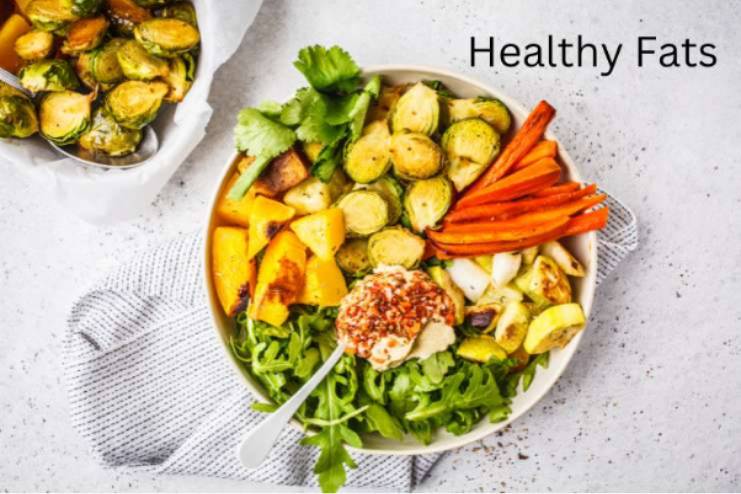
Much like our body needs protein to function, it needs healthy fats and carbs. Brussels sprouts are a great alternative to fish for those who want to get omega-3 fatty acids but don’t like eating them. Omega-3 fatty acids are crucial in an individual’s overall cognitive ability (R) and even help reduce inflammation.
Half a cup of Brussels sprouts provides 12% of the daily need for healthy fats for women and 8% for men.
12. Enriched With Folates
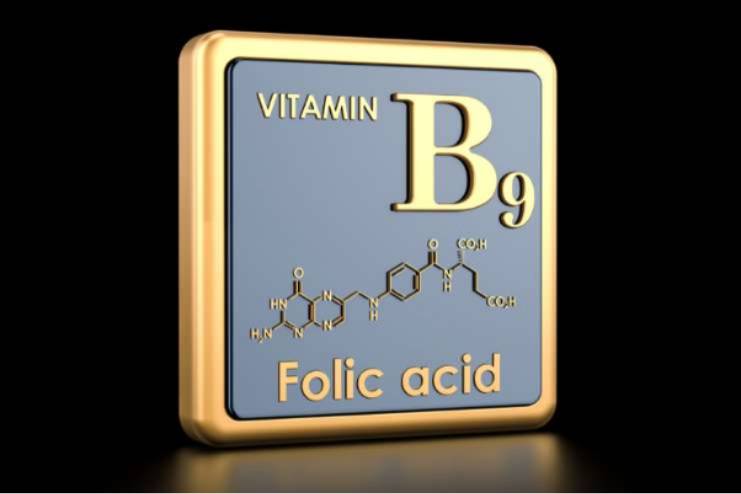
Folate is an essential mineral our body needs. Not only does it help pregnant women, but it is also an essential factor to consider in everyday daily life. Studies have found that it is crucial to help prevent birth defects. Researchers are conducting studies to analyze how Brussels sprouts impact homocysteine levels and prevent the risks associated with heart disease.
2 cups of Brussels Sprouts contain 25% of the daily folate intake required.
13. High In Vitamins
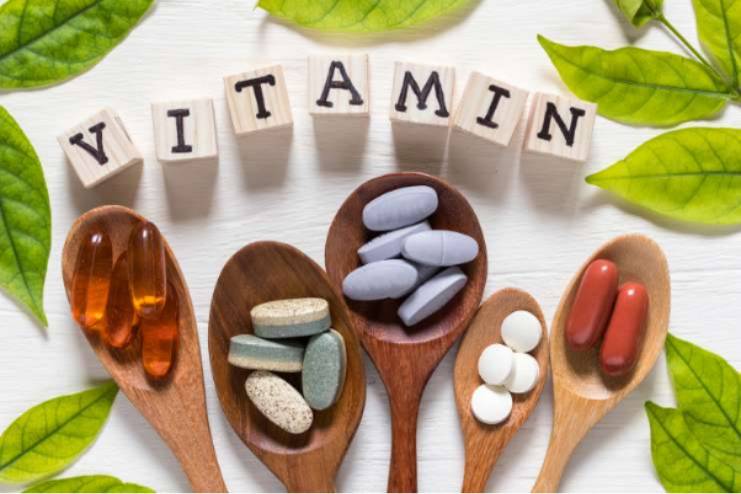
Brussels sprouts are rich in not just Vitamin C but also Vitamin K, which helps with blood clotting and reducing oxidative stress.
Vitamin K has beneficial impacts on bone health.
Vitamin C, on the other hand, helps prevent the risks of oxidative stress and boosts immunity.
14. Skin Benefits

Brussels sprouts offer impressive skin benefits due to their high Vitamin C content, which boosts collagen production and promotes skin elasticity. Additionally, antioxidants in Brussels sprouts help protect the skin from free radical damage, keeping it youthful and reducing signs of aging.
Nutritional Value of Brussels Sprouts
Brussels sprouts’ nutritional value per 100g serving
| Nutrient | Amount per 100g |
| Calories | 43 kcal |
| Protein | 3.38 g |
| Carbohydrates | 8.95 g |
| Dietary Fiber | 3.8 g |
| Sugars | 2.2 g |
| Fat | 0.3 g |
| Vitamin C | 85 mg (94% DV) |
| Vitamin K | 177 mcg (221% DV) |
| Folate (Vitamin B9) | 61 mcg (15% DV) |
| Manganese | 0.337 mg (15% DV) |
| Potassium | 389 mg (11% DV) |
You can check the USDA FoodData Central for a comprehensive source.
Possible Side Effects of Brussels Sprouts
Studies show that eating Brussels sprouts has few side effects, provided it is consumed in moderation, as it could lead to indigestion.
While Brussels sprouts are highly nutritious, they may cause side effects in some individuals. Due to their high fiber content, consuming large amounts may lead to gas, bloating, or stomach discomfort. The high vitamin K content encourages blood clotting, so anyone using blood thinners should exercise caution when eating Brussels sprouts. Additionally, individuals with thyroid conditions should limit intake, as Brussels sprouts belong to the cruciferous vegetable family, which may interfere with thyroid function when over-consumed.
We’ve covered everything you need to know about the nutritional benefits of Brussels sprouts and we hope you will include these little green gems in your weekly meals!
-
Dec 2019Written by Somapika D
-
Sep 2024Edited by Ankita
In this Article
















